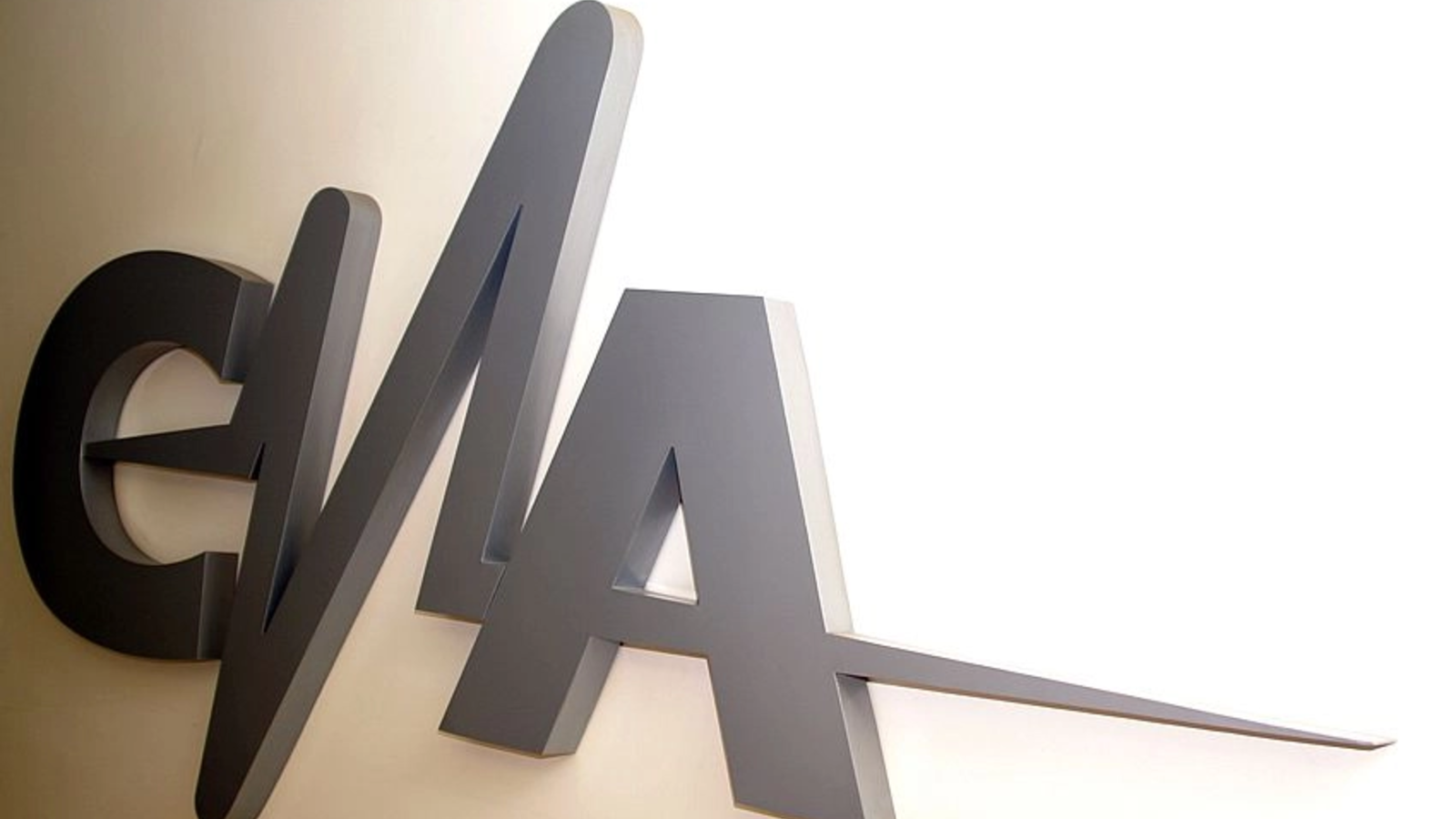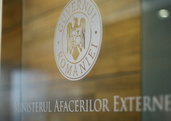National Audiovisual Council (CNA) Vice President Valentin Jucan says the European Media Freedom Act (EMFA) represents an essential instrument for strengthening pluralism, editorial independence and transparency in the European media space.
"The European Media Freedom Act (EMFA) is not merely a legislative exercise, but an essential instrument for consolidating pluralism, editorial independence and transparency in the European media landscape. In Romania, its application will have concrete and beneficial effects, as the principles and obligations introduced by this regulatory act will complement and strengthen the existing legal framework, aligning it with a unified European standard," Jucan told AGERPRES.
According to him, on a national level, the media landscape faces specific challenges such as: concentration of media ownership in the hands of a small number of actors, often with political or economic interests; lack of transparency regarding funding sources and editorial control structures; non-transparent distribution of state advertising; direct or indirect editorial pressure on journalists; imbalance between traditional media and digital platforms in attracting advertising revenue.
Jucan believes that EMFA will bring significant improvements in these areas, through:
* Increasing transparency of media ownership and funding - publishing data on actual owners and revenue sources, including state advertising, in a publicly accessible database. This measure will reduce suspicions of hidden influence and allow the public to assess the credibility of information sources.
* Protecting editorial independence - introducing mandatory safeguards to prevent political or economic interference in editorial decisions, including within public service media. In Romania, this will strengthen the protection of journalists from unjustified pressures.
* Fair regulation of state advertising - its allocation based on objective, transparent criteria, eliminating practices where public financial support could be used as a tool of influence.
* Standardising audience measurement - ensuring comparable, transparent and verifiable data across all media, reducing the risk of figure manipulation and ensuring fair market conditions.
* Strengthening protection of journalistic sources - guaranteeing their confidentiality, including through strict limits on the use of intrusive technologies, directly supporting investigative journalism.
* Establishing the European Board for Media Services - a coordination mechanism between regulatory authorities in member states, which will support CNA in the consistent and effective implementation of EMFA and ensure the exchange of best practices.
"The implementation of EMFA in Romania will not remain merely declarative. The National Audiovisual Council, in its role as guarantor of the public interest in the area of audiovisual communication, will integrate these standards into its daily activity and will cooperate with all relevant institutions to ensure compliance. The expected result is a media environment that is more transparent, more independent and more resilient to political, economic or informational pressures. EMFA is not just an opportunity, but also a responsibility. Its rigorous application in Romania will contribute to strengthening democracy by consolidating freedom of expression and citizens' right to accurate and pluralistic information," Jucan pointed out.
According to the European Commission's website, the European Media Freedom Act (EMFA), which enshrines the principle of information as a public good and protects and promotes press freedom, independence and pluralism within the internal market, will enter fully into force on 8 August.
































Comentează